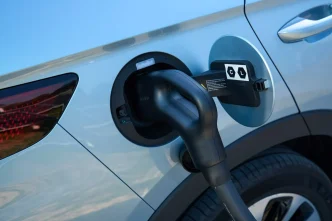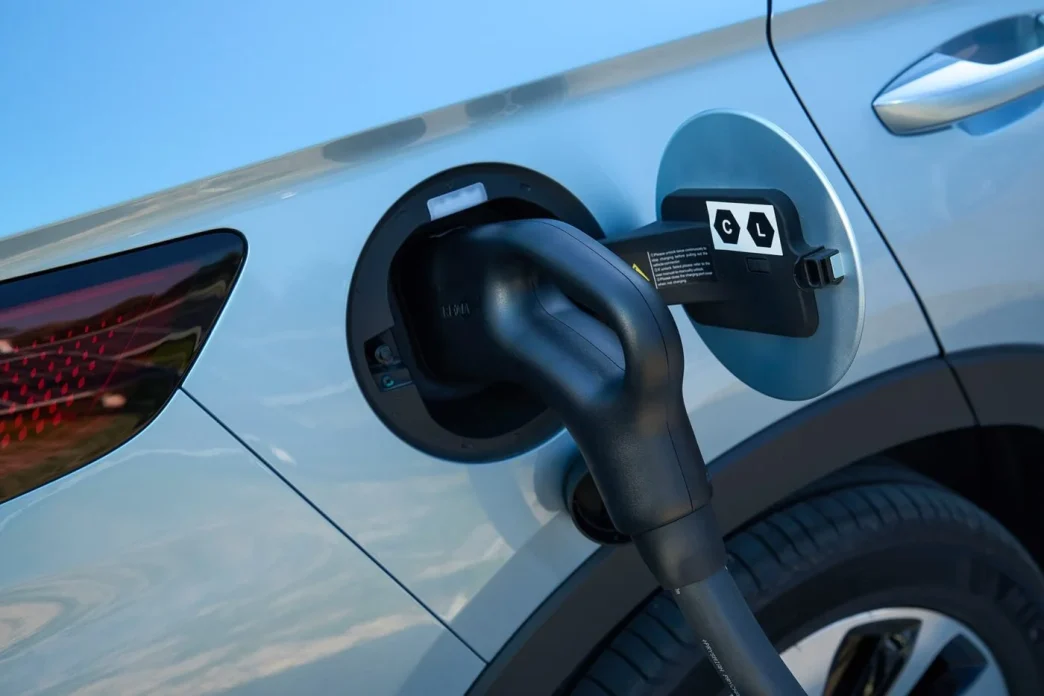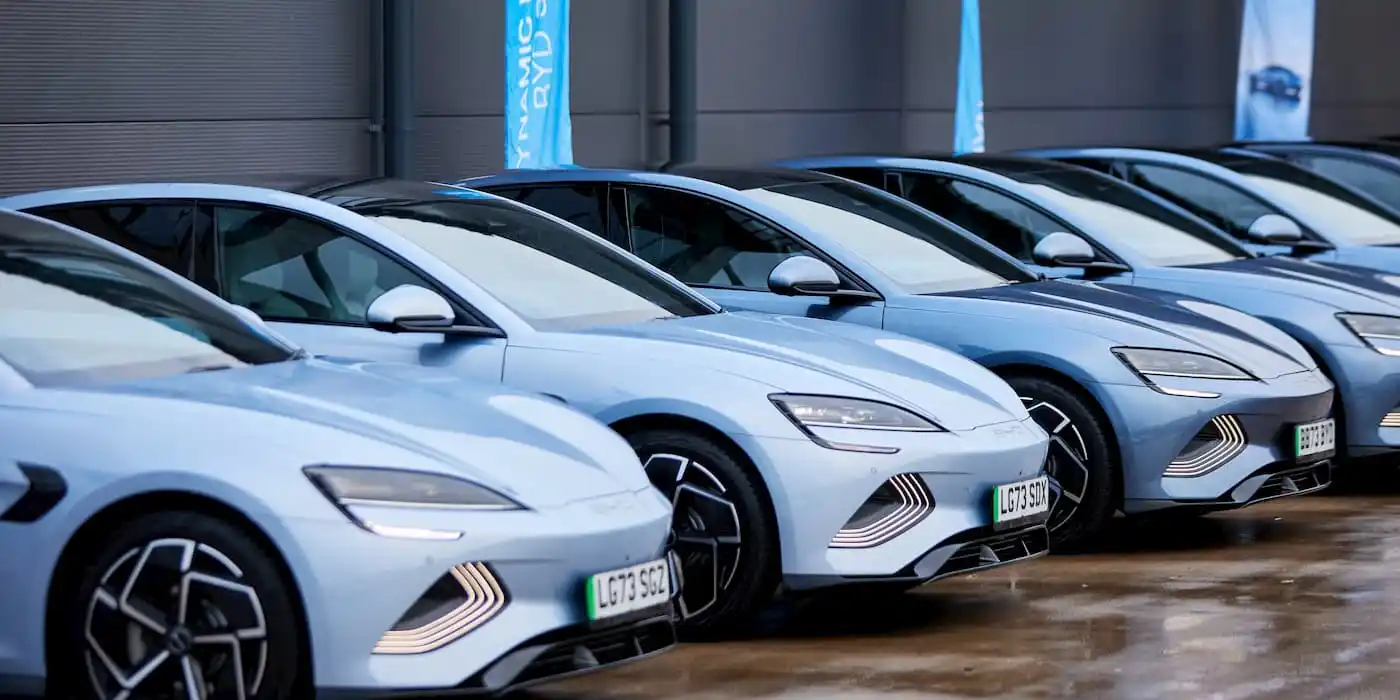The International Monetary Fund (IMF) has highlighted the profound global economic effects of the shift toward electric vehicles (EVs), emphasizing its potential impact on investment, production, international trade, and employment. This analysis is part of the IMF’s latest World Economic Outlook released during the IMF and World Bank annual meetings, where global growth, debt distress, and the financing of the green energy transition are key topics.
“The rising adoption of electric vehicles represents a fundamental transformation of the global automotive industry. It will have far-reaching consequences,” the IMF stated.
The shift to EVs, seen as essential for meeting climate goals, has been gaining momentum. In 2022, transportation accounted for 36% of greenhouse gas emissions in the U.S., 21% in the European Union, and 8% in China. Policymaker support has been crucial, with the European Union targeting a 50% reduction in emissions from cars between 2030 and 2035, and the U.S. providing subsidies for EVs and charging infrastructure.
The IMF noted that the automotive industry, characterized by high wages, strong profits, and technological sophistication, is poised for significant changes, especially as China continues to lead in EV production and exports. The report estimates that under realistic market penetration scenarios, Europe’s GDP could decline by 0.3% in the medium term, as the transition reshapes the labor market. “Employment declines in the automotive sector, and labor reallocates gradually to less capital-intensive sectors,” the IMF added.
To counter China’s dominance, both the U.S. and the EU have imposed tariffs on Chinese-made EVs, with the Biden administration introducing a 100% duty last month and the EU recently backing import duties of up to 45%. Despite this, Chinese EV manufacturers maintain a pricing advantage, offering vehicles at lower costs than their Western counterparts.
The weakening global demand for EVs has also prompted policy shifts. France announced a reduction in EV buyer support, following Germany’s decision to end its subsidy scheme late last year.









